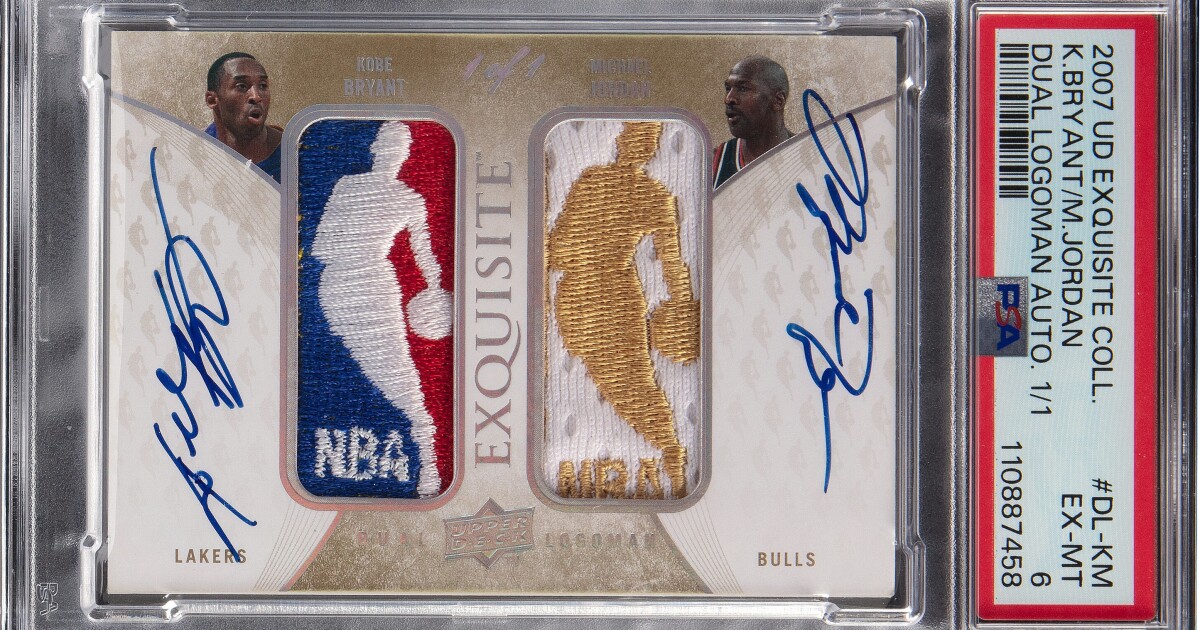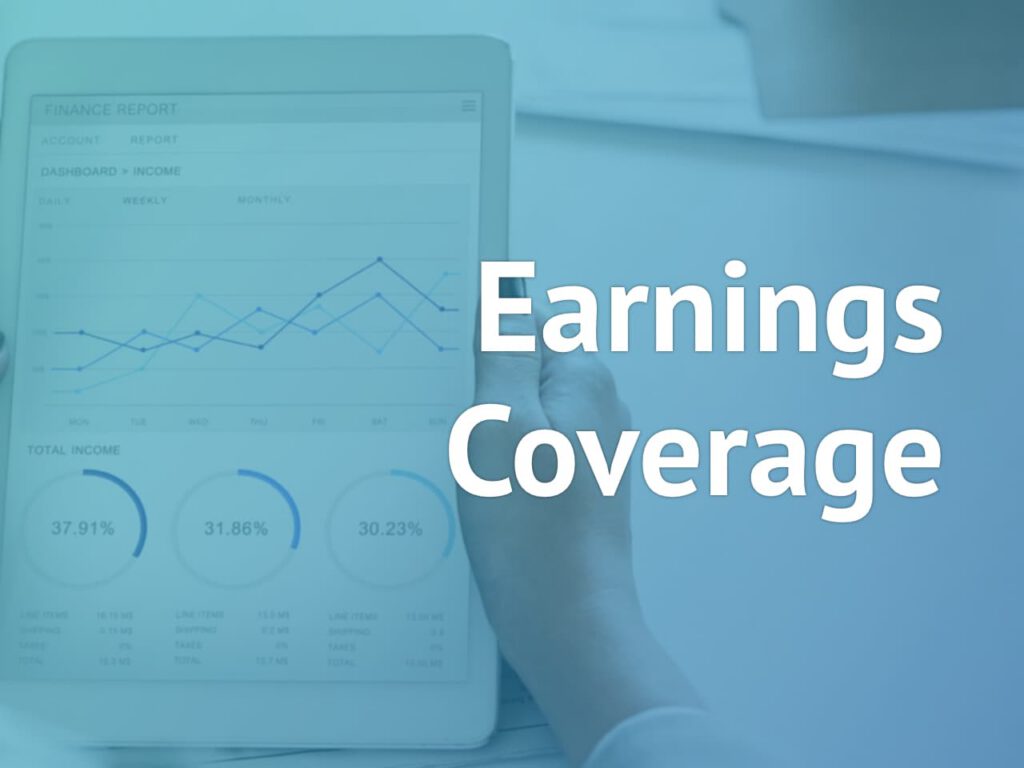New Delhi: The Central Board of Indirect Taxes and Customs (CBIC) has asked its field officials across the country to collect information from dealers and retailers on brand-wise prices of goods such as food, toiletries, stationeries, consumer durables and medicines before and after September 22. The exercise is to check whether they are passing on the benefits of the cut in goods and services tax that came into effect Monday (September 22).They need to collect details such as brand names, size or weight of the products and copies of receipt with maximum retail price and tax breakup before and after the new GST rates took effect. While fast-moving consumer goods and medicines are given time till December for relabelling, the receipts must reflect the new GST rates. The deadline for submitting this information is September 28. The field officials have to send the details to the designated email assigned by each regional office.The officials will also monitor popular ecommerce sites and portals, including Zepto, Instamart, Blinkit, Flipkart and Amazon. “While the big companies and brands have already assured that they will pass on the GST benefits, this exercise will ensure that the benefit is reaching to end customers and is not lost between the factory and the retail shop,” a senior official told ET. “While the government is showing trust by not administering strict anti-profiteering measures, we are told to ensure the benefits are immediately and fully passed on to the final consumer,” the official added.
In a letter dated September 9, the CBIC had asked field officials to give a report on the 20th day of each month on about 54 commodities, including toiletries, consumer durable items, medicine, toys and stationery items among others. This price tracking will continue for at least six months.
Experts say the GST rate rationalisation is a direct and meaningful boost for every Indian family, will increase savings and spending power and strengthen household budgets and fuel the consumption story of India. “Taking the example of a person earning ₹50,000 monthly, the price cuts on daily essentials (say spending of ₹25,000 of which there is a rate cut on spending worth ₹15,000) from food to personal care to medical bills are expected to help save approximately ₹1,275 a month,” said Saurabh Agarwal, tax partner at EY India.
Add

as a Reliable and Trusted News Source
Source link



 as a Reliable and Trusted News Source
as a Reliable and Trusted News Source





















